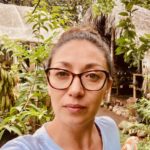
Maria Ines Rivadeneira
2021 Conservation Fellow
Feminist researcher with 15 years of experience in the field of human rights. She has extensive experience in senior advisory, research, design, financing and monitoring public policy, policy making analysis and human rights protection focusing on gender equality, women’s rights and environment. At the National Secretary for Higher Education, Science and Technology, she coordinated the elaboration of the “Guide for mainstreaming gender and environment in higher education”, and the chapter of Genetic Resources and Traditional Knowledge Protection Intellectual Property Law Institute, with the support of five agencies of the UN System in Ecuador during the period 2012-2015. María Inés has held positions as national authority coordinating with different stakeholders and cooperation organizations. She is a Sociologist with a Master Degree in Political Science and currently is a Ph.D. candidate in Public Law. At the moment, María Inés is the Gender and Climate Change Specialist at the UNDP in Ecuador. She is part of the Political Science Research Group at the University of Girona (Spain) where she is working on her Ph.D. thesis about indigenous autonomies, anti-colonial feminism and the rights of nature. Additionally, she works with the Research project “Atlas” (Indigenous people’s autonomies and situated realities), collaborates with the International Analog Forestry Network (IAFN) with the certification process for Forest Garden Products (FGP), and is a permanent member of the Ecuadorian Analog Forestry Network as part of the Biotiquines project and coordinates the Women on Conservation Network in Ecuador.
Learn more about Maria Ines Rivadeneira
October 27, 2021
Biotiquin – A Project for people’s health, food security and forest lovers
The COVID-19 pandemic has had wide-ranging effects on Indigenous and rural communities, exacerbating challenges to goals of sustainability in the Amazon region.
The people are facing a triple crisis: biodiversity loss, climate change and social inequality. The pandemic has shown us the structural injustices and the inevitable consequences of land degradation, extractivism and illegal activities in the Ecuadorian Amazon. With a general lockdown in the country that occurred on March 17th 2020, most of the local communities and indigenous territories were kept isolated. With the continued loss of biodiversity over the last decades, the contamination of water from oil extraction, floods, droughts and from the traditional agriculture impact, most of the communities suffer from a lack of food and health services. Poverty, bad nutrition and gender-based violence are increasing in areas where extractivist activities are most predominant.
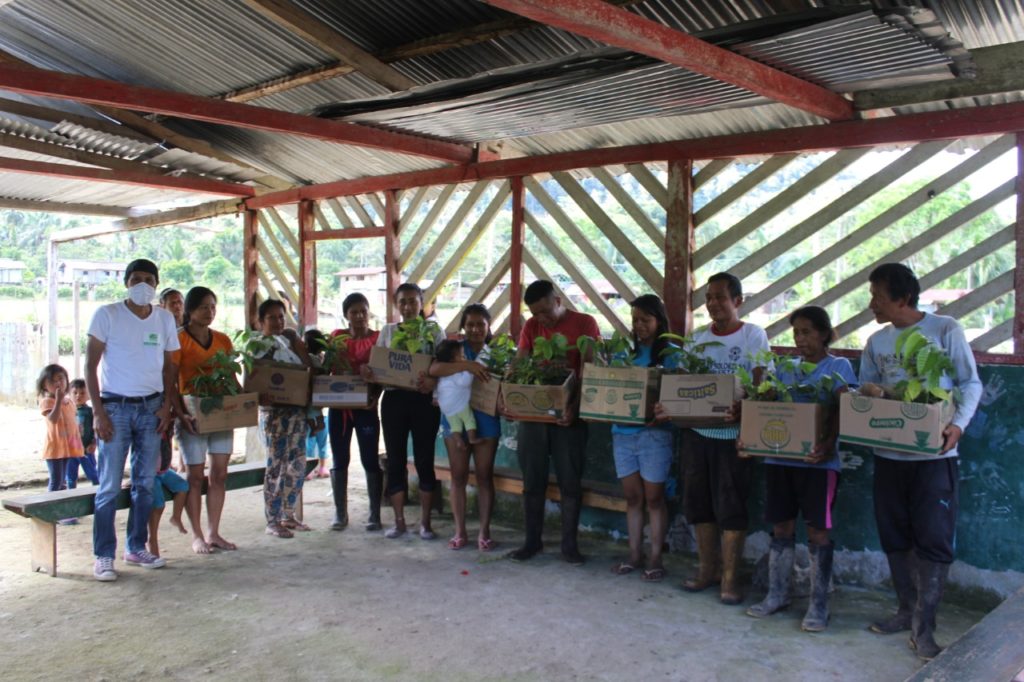
Bio-tiquines is a project created by the Ecuadorian Analog Forestry Network (REFA, in Spanish) with the objective of supporting vulnerable families that have food insecurity and lack of access to health services. Since April 2020, 10 practitioners of Analog Forestry, in different regions of the country, have collected plants for people’s food and health. Bio-tiquines consists of the preparation and distribution of plant kits with highly nutritional and medicinal value. The process includes educating and training families on the plants and their care and monitoring, using the methodology of analog forestry. Family gardens are part of the strategy to create forest gardens for restoration of degraded ecosystems and to give the families more sustainable, economical alternatives.
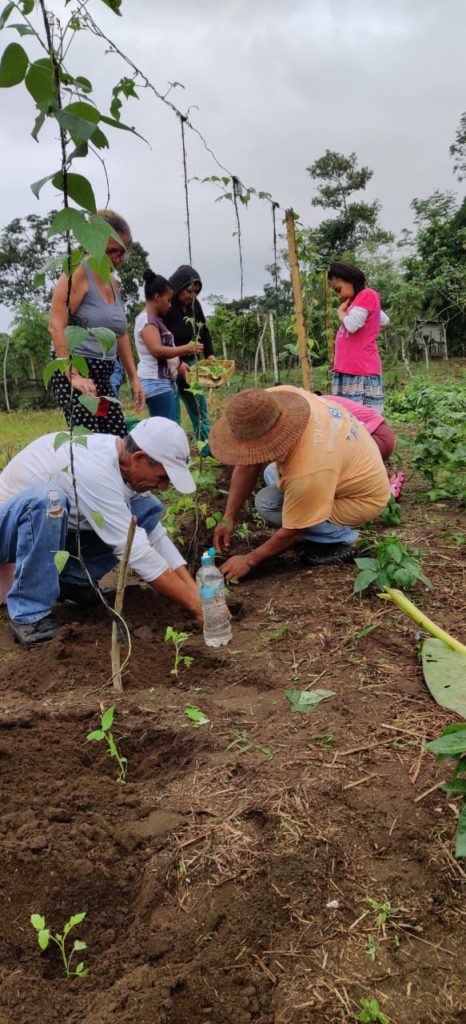
During 2020, 150 families were part of Bio-tiquines, 25 of them are located in the Pastaza and Napo provinces of Amazonia. In 2021, 75 families from Amazonia are currently taking part in the second phase of Bio-tiquines; this includes the women’s care house for victims of violence, which is a space of the Sucumbios Women’s Association.
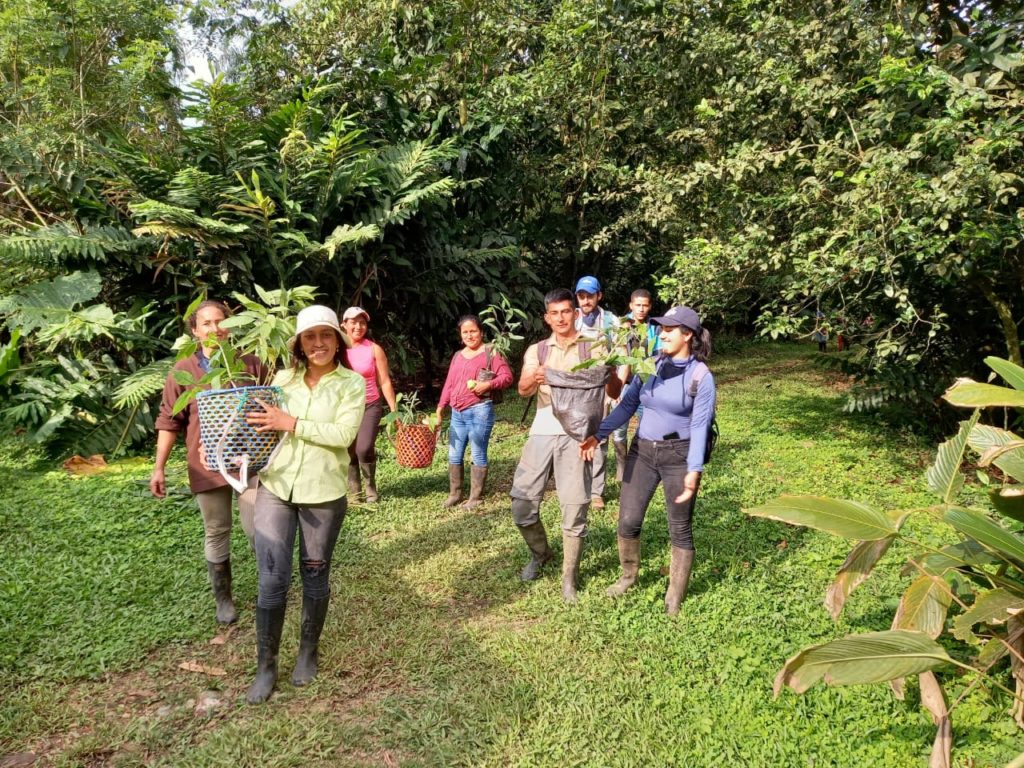
Analog forestry is an approach to ecological restoration using natural forests as guides to create ecologically stable and socio-economically productive landscapes. This is a complex and holistic form of silviculture, which minimizes external inputs—such as agrochemicals and fossil fuels—and instead fosters ecological function for resilience and productivity. Analog Forestry values not only ecological sustainability, but recognizes local rural communities’ social and economic needs, which can be met through the production of useful and marketable goods and services, ranging from food to pharmaceuticals and fuel to fodder. This alternative for ecological restoration is held by the International Analog Forestry Network -IAFN.
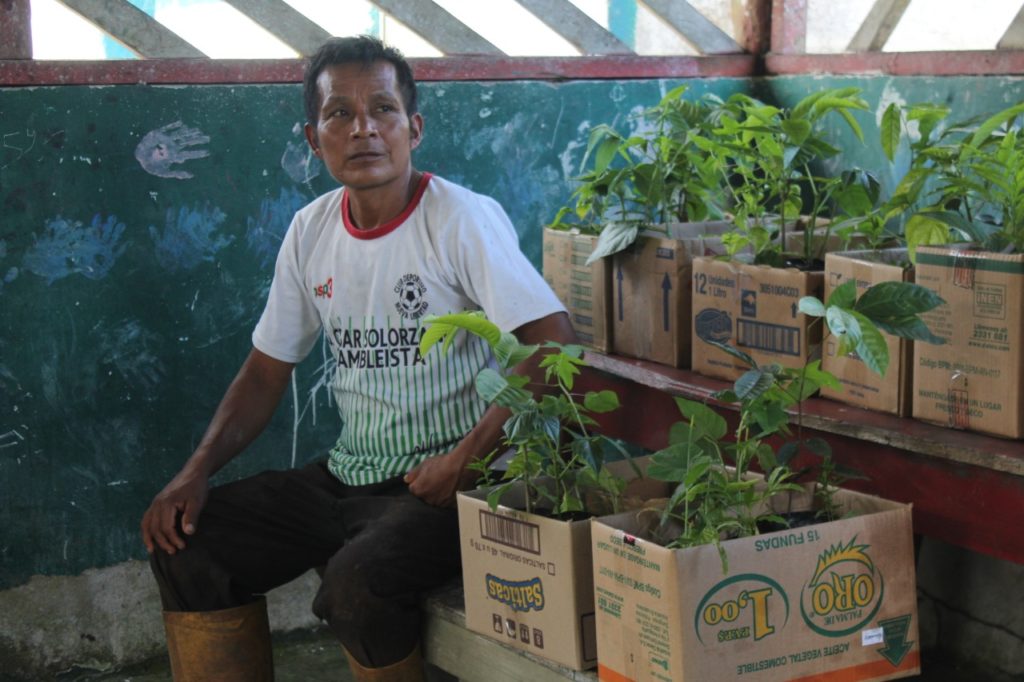
I joined REFA in April of 2020 with the Bio-tiquines project. Since September of 2020 I have served as Advocacy Facilitator at IAFN with the project Global Alliance for Green and Gender Action (GAGGA).
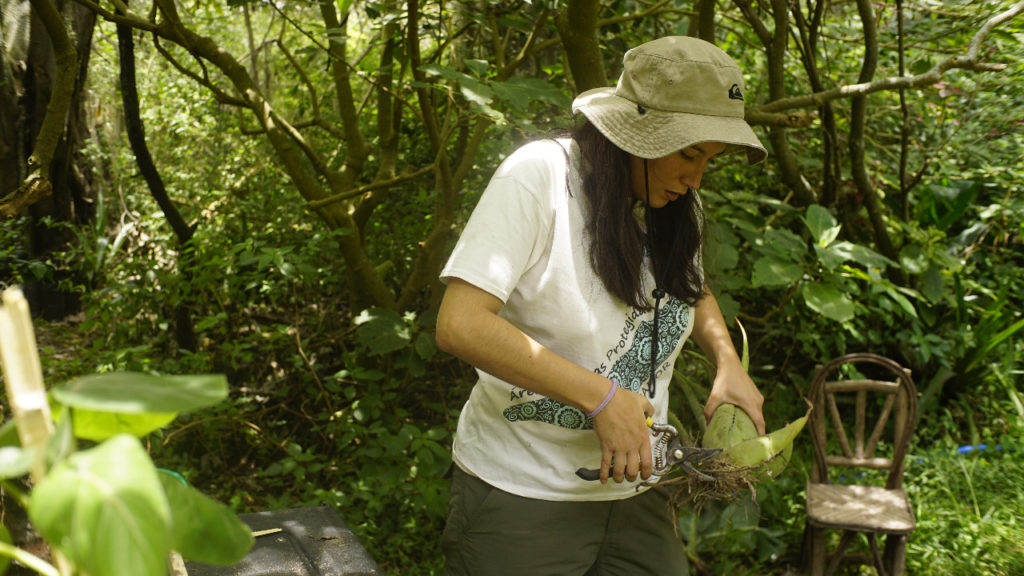
Mará Inés Rivadeneira
I am a sociologist, with experience in the human rights of Indigenous Peoples and women. I currently work from an anti-colonial, feminist approach towards ecological justice, implementing self-determination and autonomy in the defense of human rights and nature in the Amazon.
